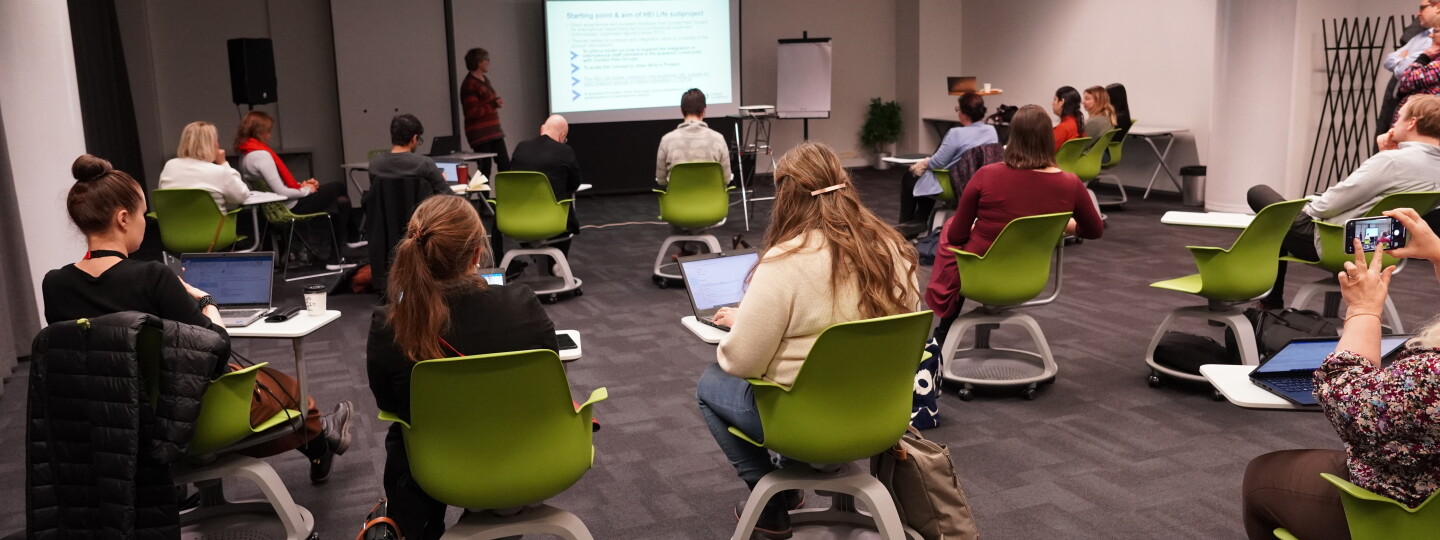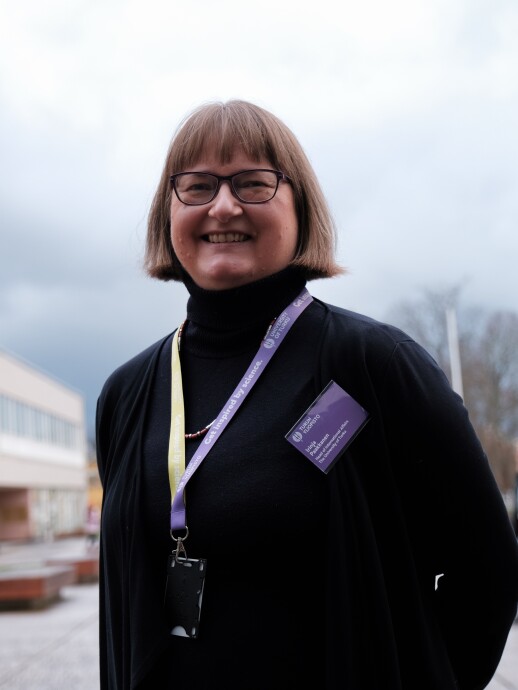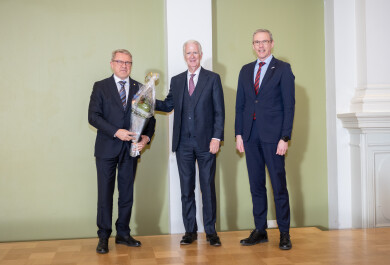The Ministry of Education and Culture funded HEI LIFE project organised a workshop in Turku focusing on practical ways to support the employment of international talents.
HEI LIFE stands for Higher Education Institutions’ Support for International Academics and Staff – Living, Integration, Family and Employment in Finland. The project, which was kicked off in September 2020 and finishes at the end of 2022, has focused on building national models for Finnish higher education institutions to support the integration of international academics, staff and their families into the Finnish society and working life. The activities of the project have been divided between the higher education institutions in Helsinki, Tampere and Turku regions.
As part of the HEI LIFE project, the University of Turku has been coordinating a subproject focusing on the integration of international researchers and staff into Finnish working life and its innovation environment. The workshop, which was organised in Turku on 29 November 2022, delved deeper into the various practical ways to promote the employment of international talents in Finland and the role of higher education institutions supporting it. As the activities of the HEI LIFE project have largely taken place during the COVID-19 pandemic, the workshop also provided the participants a chance to discuss in person the work that has been done and the progress that has been made.
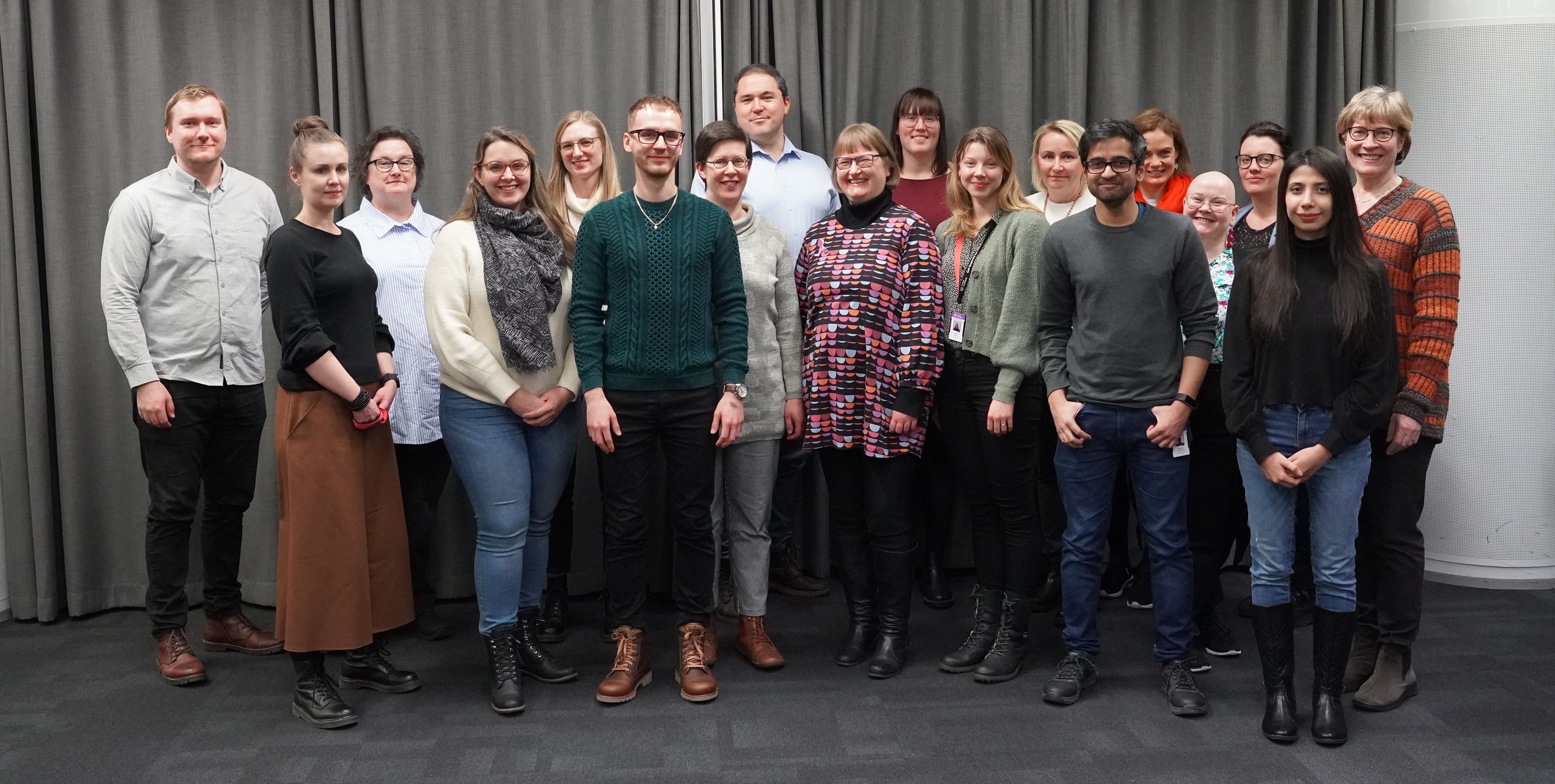
Peer support groups, mentoring and business collaboration
The discussions of the workshop were kicked off by Georges Kazan from the Turku Institute for Advanced Studies (TIAS) who shared his thoughts on the employment of international talents in Finland. According to Kazan, international researchers and employees are an important group for Finland as the country aims to become more international and has to attract and retain talents to meet its current and future needs. International talents are needed in technology industries but according to Kazan experts and academics from other fields also have competences and strengths that are needed in businesses.
Study and Work Well-Being Coordinator Johanna Mäkinen and Doctoral Researcher Niloofar Hashempour discussed experiences and future possibilities of peer support groups for international researchers and staff. Peer support groups provide international talents with an opportunity to create contacts with each other as well as with experienced instructors. A guidebook called Inclusion into Academic Life: A Guide for Peer Support Groups in Higher Education has been prepared and published as part of the HEI LIFE project. The guide present three alternative forms of peer support services and provides advice on how peer support groups can be set up, how they work and what principles are useful to follow.
Coordinator Jenni Kankaanpää from the Unversity of Turku and Specialist Janna Peltola from the Turku Unversity of Applied Sciences shared experiences on organising a mentoring programme for international talents as part of the HEI LIFE projects. Mentoring is one the tools for career counselling and its objective is to support the employment of international talents in Finland. Despite some challenges, the programme has received mainly positive feedback from the participants and there has been demand for mentoring. At the University of Turku, mentoring is part of basic operations and will continue even after the project is finished.
Marko Kelahaara, a Project Specialist for Turku Science Park Ltd and its Talent Turku team, moderated a discussion with Susanna Lahtinen, CEO of CYF Digital, and Oili Kallatsa, RDI Director at Kiilto Clean Oy, who shared experiences of employing and working with international talents. The discussion revealed that big companies are better prepared to employ international talents as they often have more established human resource and recruitment processes. In addition, bigger companies are often better equipped to deal with English as a working language. The likelihood to recruit international talents also depends on the field in which the company operates.
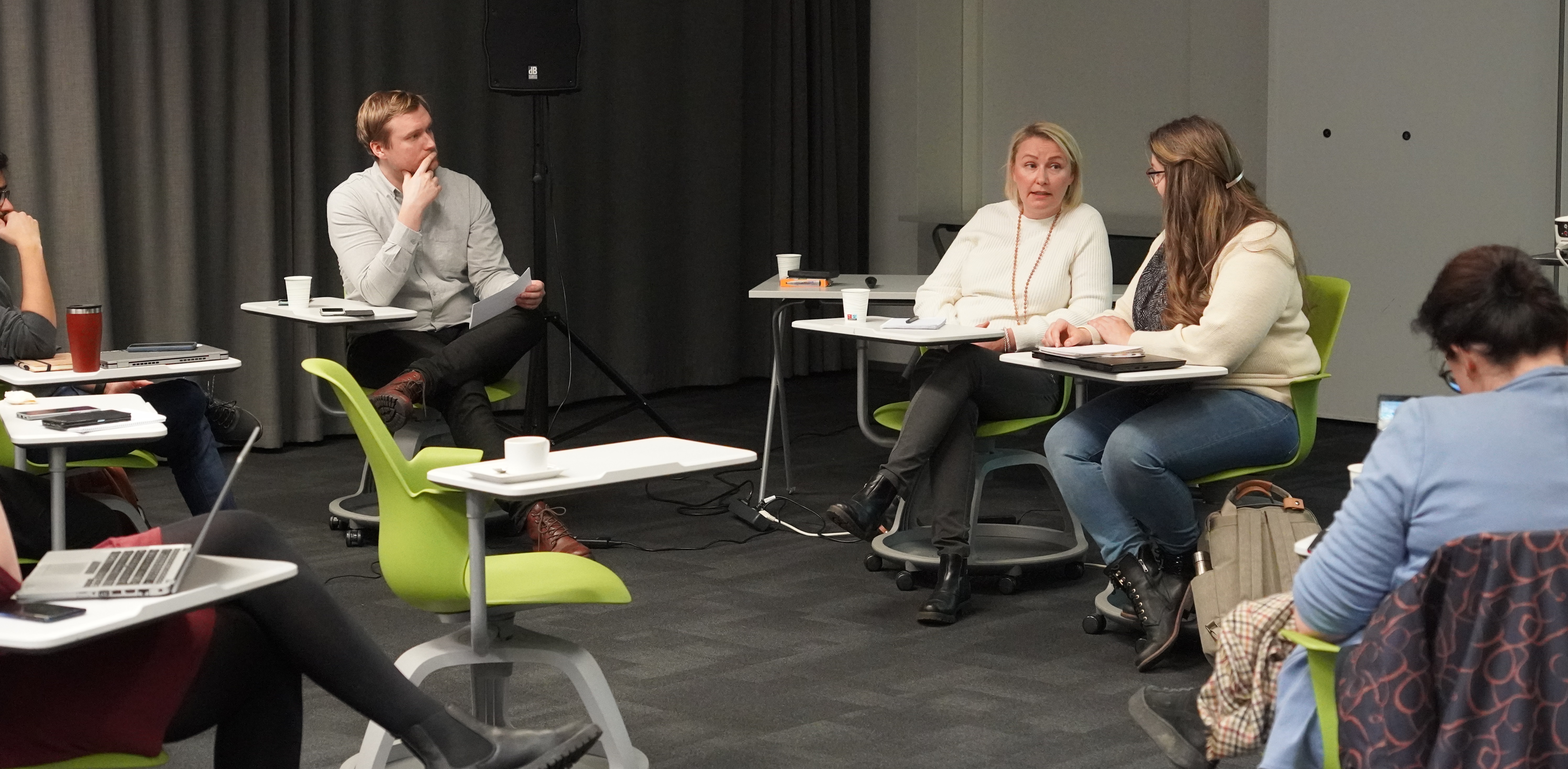
Both Lahtinen and Kallatsa emphasised that participation in projects which focus on the employment of international talents should be made as easy as possible for companies of all sizes. Higher education institutions should organise such services under a one-stop shop concept and share information on all the different kinds of opportunities for collaboration. The University of Turku coordinated UNICOM was seen as a good example of a project that has enabled low-threshold research collaboration between international talents and companies.
The workshop ended with a brainstorming session in which the participants were able to discuss and share their thoughts on the topics of the workshop.
